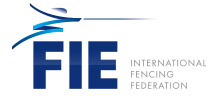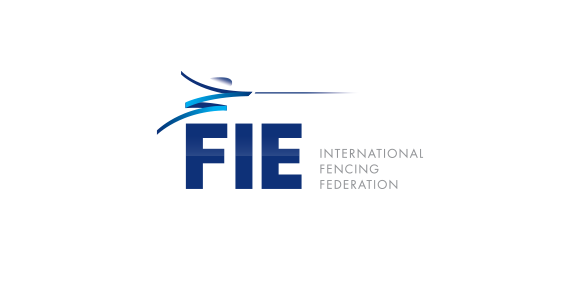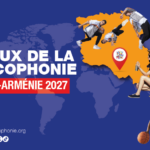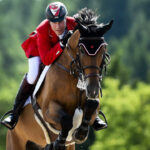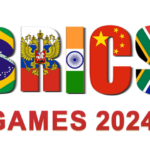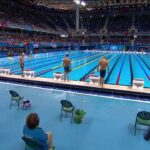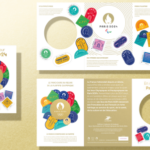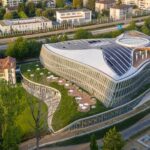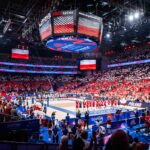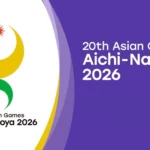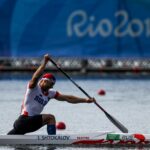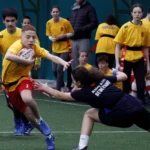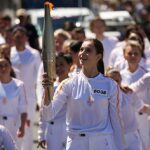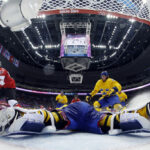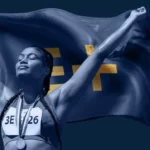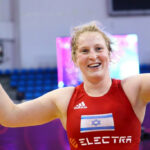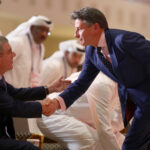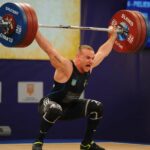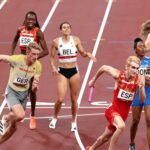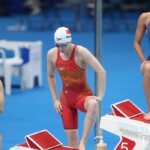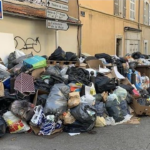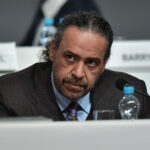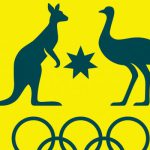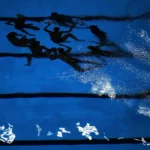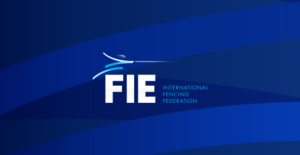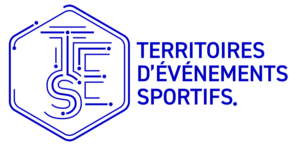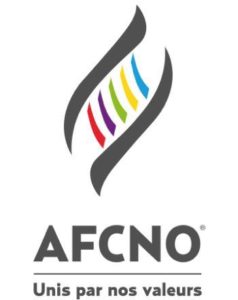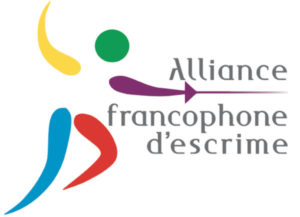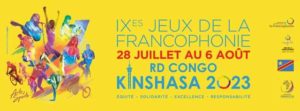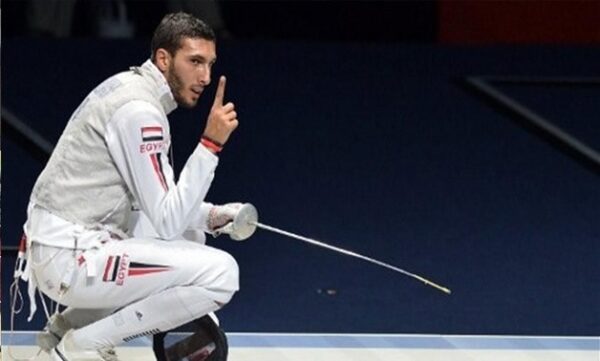
The last major international competitions have illustrated it once again, the Paris 2024 Games will undoubtedly push the neck further: fencing is constantly pushing its boundaries. The discipline is gaining in universality. The fencing world occupies more and more land.
To talk about it, FrancsJeux asked the Egyptian Abdelmoneim El Husseiny (photo below). A two-time foil Olympian, today vice-president of the International Fencing Federation (FIE), he takes an optimistic view of the development of the practice in Africa, and of the potential of the continent's athletes.
FrancsJeux : How did you discover fencing?
Abdelmoneim El Husseiny : My personal history with fencing is very special, because it is closely linked to a tragic event in my sport in Egypt. In 1958, long before I was born, the plane transporting the national fencing team from Cairo to the United States, to compete in the world championships in Philadelphia, crashed. The entire Egyptian delegation has disappeared. My uncle was on board. He was one of the victims. At the time, my father was also a fencer on the national team. He had faced my uncle, shortly before the accident, for selection for the world championships. My uncle won 5-4. With one touch, my father could have disappeared in the accident. After the tragedy, my father decided that if he one day had a son, he would name him after his deceased brother. I started fencing in 1979, at the age of 13, in a club in Egypt. Then I joined the national team, with which I participated in all the major international foil competitions – world championships, African Games and championships, etc. – including two editions of the Olympic Games. In Los Angeles in 1984, then in Seoul in 1988, where I reached the semi-finals of the individual competition.
What was your career as an official, until your election as vice-president of the FIE?
After my career as a fencer, I decided to stay in fencing through refereeing. I became an international referee. Then the desire came to me to embark on a more administrative path. In 2004, I joined the FIE marketing and promotion commission. In 2021, I was elected by the Congress to the executive committee of the FIE, then, by the executive committee, to the vice-president.
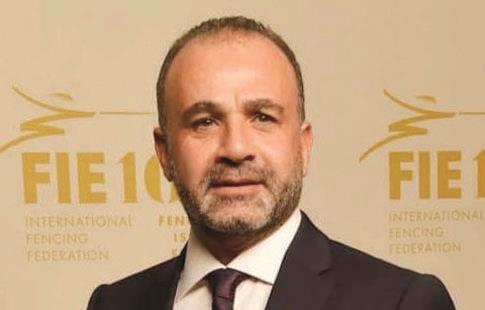
What does fencing represent in Egypt, from a purely sporting point of view?
Beyond sporting performances, what does fencing represent in Egypt today?
I wouldn't say fencing is a popular sport, but it is growing in popularity. In the past, our international results were not sufficient to be recognized and followed by the public and the media. But things have changed. By winning medals in major international competitions, fencing has become an attractive sport. Today, it is easy to find information about fencing and fencers daily in the national media. And the Paris 2024 Games could further strengthen the trend. We benefit from very strong support from the government, particularly financially. And, for the first time, the Egyptian federation has five private partners.
How can fencing continue to develop, in Egypt but also on the African continent?
Fencing remains a sport that is still underdeveloped in Africa, except in the north of the continent, in Egypt and in the Maghreb countries. But we are working hard at the African Fencing Confederation to accelerate development. On a technical level, in particular. For two years, the Egyptian federation signed a cooperation agreement with the African Confederation, which provides for the reception in the training camps of our national teams of any African fencer who would like to come and prepare. The reception is free and open. This is a first for fencing in Africa. But we must go further. Development support cannot only be technical, it must also be financial. I am absolutely convinced: with more resources, Africa could present very high level fencers.

